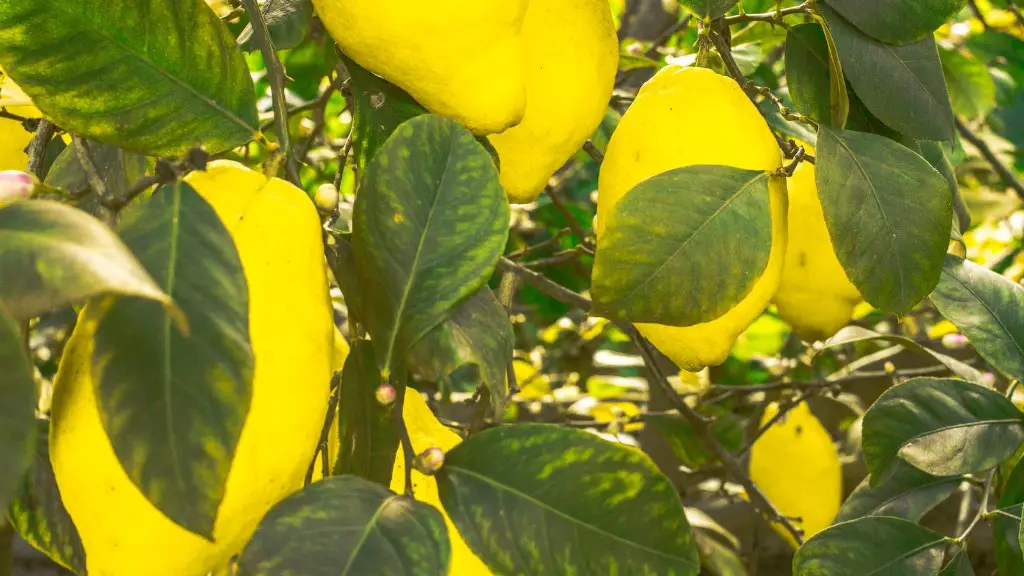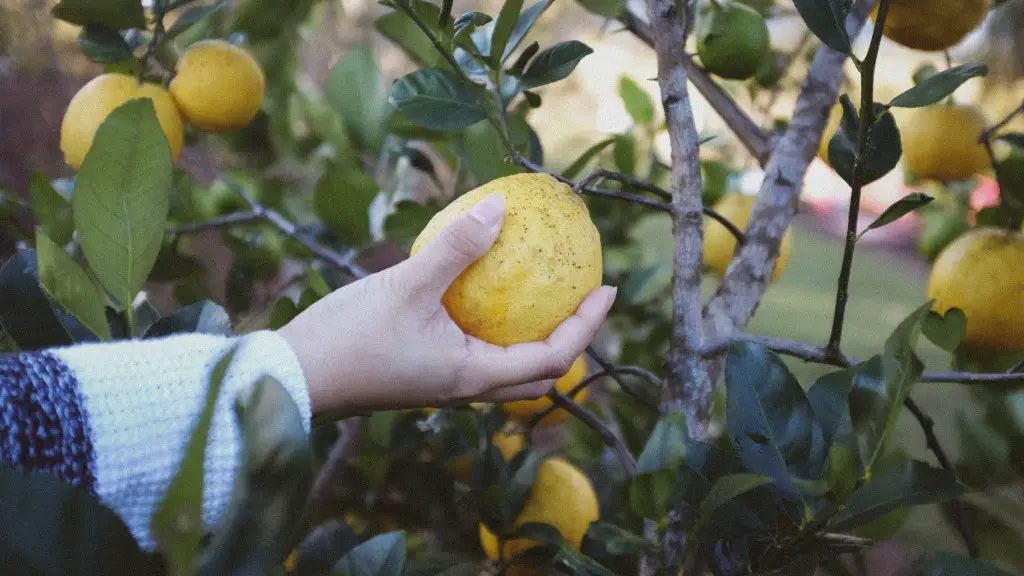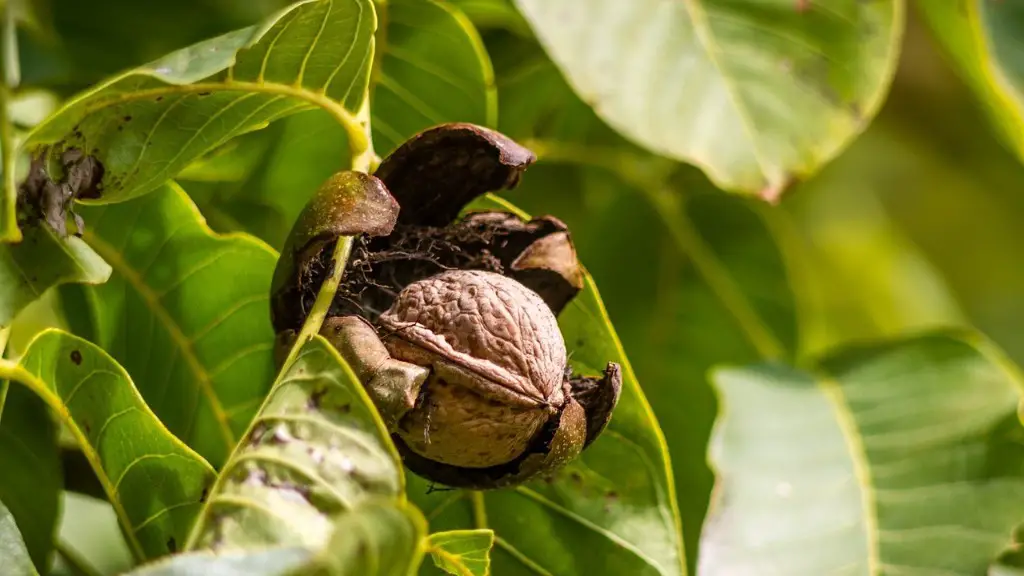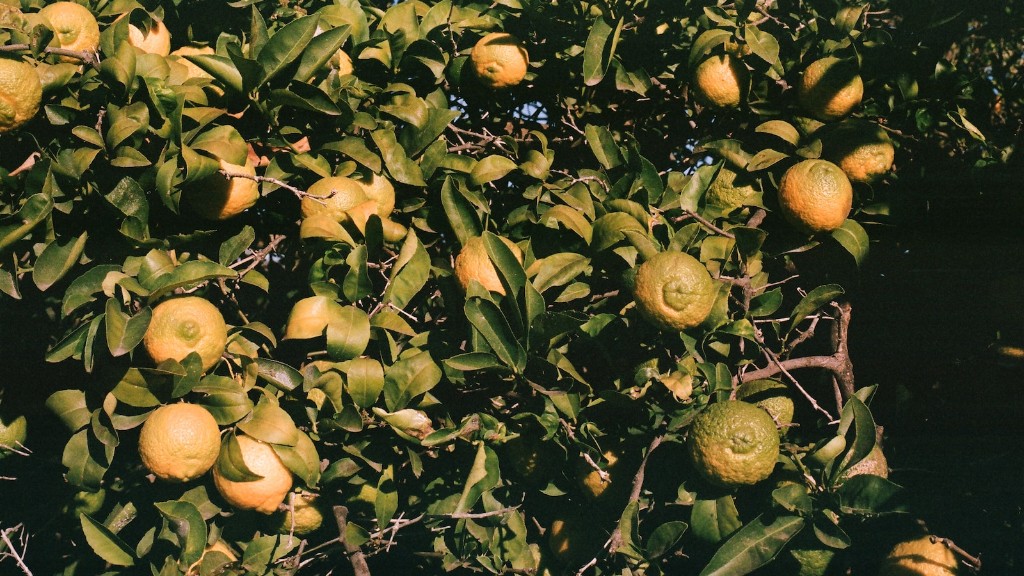Lemon trees are prolific fruit producers for up to 25 years. The lemon tree is a slow-growing perennial evergreen plant and can vary in height from 6-10 feet. The tree can produce up to 500 luscious lemons a year, with a single mature lemon containing up to 25% of a person’s daily required Vitamin C intake. While a lemon tree’s life expectancy is great and it can live between 20 to 30 years depending on the climate and care, it is important to understand what time periods in its life are most beneficial for a continuous harvest of lemons.
Lemon trees reach fruiting age anywhere between four to six years old. As such, once a lemon tree has reached a mature size and is relatively stable it won’t take much time before it begins producing fruits. It is important to avoid over-fertilizing a lemon tree during its earlier years as this could cause issues in the plants development which could result in fewer fruits being produced. Most often, an established lemon tree only needs an annual application of fertilizer around fall to ensure a plentiful harvest every 12 months.
The peak period for a lemon tree’s fruit production is after its fourth year. When the tree reaches this age, it can be expected to produce a bountiful harvest of lemons on an annual basis. The flowering period for the tree is between April and late summer, with the harvest season taking place between June to October. Yearly pruning should take place between February and May in order to help the tree produce higher yields of fruits.
Whether your lemon tree is a container plant or planted in the ground, proper care is essential to ensure a healthy tree and thus a plentiful harvest of lemons. It is important to water the tree evenly throughout the dryer months of the year, ensuring that the soil does not dry out completely, as this can inflict damage to the tree and halt growth. Adequate drainage is also a must, as standing water can hurt the tree’s root system.
One lemon tree can produce fruits for an entire life cycle and with proper irrigation and fertilizing can bear a bountiful harvest annually. As soon as a lemon tree reaches the optimal growth stage of four to six years, its fruiting period begins and can be expected to produce a plentiful harvest of lemons each year.
Effects of Unfavorable Weather on Lemon Trees
While lemon trees can produce fruits for up to 25 years, there are certain environmental factors which must be taken into consideration. Unfavorable climates, such as extreme temperatures or periods of drought or flooding can be detrimental to the lemon tree’s well-being and limit its fruiting season. Temperatures that frequently drop below 10°C can cause issues with the ripening process of the fruit and significantly reduce the amount of lemon that can be harvested each year.
Extreme weather conditions, such as hurricanes or sudden drops in temperature can cause considerable damage to a lemon tree, and depending on the severity, can even cause it to die shortly after. In some climates, outdoor lemon trees can even develop wilt and plants which cannot overcome this condition are likely to die.
To avoid such complications, lemon trees planted outdoors should be situated in the optimal temperature and soil condition. If such conditions pose a challenge, a lemon tree can be grown in a pot or container and moved indoors during the winter or kept outdoors in a properly sheltered area. Properly maintained, a lemon tree can easily produce a decent harvest of lemons each year – and if desired, kept indoors where it can last indefinitely.
Nutrition in Lemon Trees
Lemon trees require a significant amount of nutrients in order to thrive and reach peak production levels. Fertilizing your lemon tree is essential to ensure it develops correctly and produces a substantial harvest of lemons annually. A balanced fertilizer should be applied at least twice within one year – during summer and winter. It is important to use a fertilizer that is specifically catered to citrus trees, such as those that contain nitrogen, phosphorus, and potassium. Compost material or fertilizer rich in nitrogen who also contain small amounts of iron oxide may be beneficial if the soil is lacking in this mineral.
Lemon tree pruning is a vital component to promote a healthy and large harvest. Branches bearing old and unproductive fruits, as well as those that interfere with other branches should be pruned away during the winter season as doing so encourages the growth of fresh new leaves which will help the tree to produce a better yield of fruits.
In addition to maintaining a healthy fertilizer regimen and pruning your lemon tree regularly, it is important to ensure the tree is getting adequate daily sunshine and water. Without adequate sunshine, it is unlikely that your tree will produce a decent harvest each year and day-to-day watering will ensure healthy growth and help fend off disease.
Pest Problems in Lemon Trees
Unfortunately, pests are a constant concern when it comes to lemon trees and must be addressed early and often. In particular, aphids and spider mites are quite common and can cause considerable damage if allowed to accumulate in large numbers. Pesticide sprays and application of neem oil are great options to help deal with such vermin. Other common citrus pests, such as mealybugs, can be dealt with by manually removing the pests or using a hydrogen peroxide solution to handle the infestation.
On the other hand, care must be taken when using neem oil, as too much of it can actually cause harm to the lemon tree. It is important to ensure that the product is only being used when necessary and in accordance with the manufacturer’s instructions. Furthermore, do not apply neem oil to the foliage of the tree during hot weather, as this can cause burning of the foliage and eventually lead to brown leaves and reduce crop yield.
Diseases in Lemon Trees
While pests may be a visible concern, one of the more common issues that lemon trees face are disease that can often go undetected until the plant is too weak to sustain. The most common disease among citrus plants is root rot, which is caused by a fungus in the soil. When left untreated, this condition can easily kill an entire lemon tree without warning. It is important to aerate the soil where ever possible and use an appropriate fungicide to treat this condition as soon as it is detected.
In addition to root rot, citrus canker is another disease which can have a severe impact on the production of lemons. This condition causes areas of the tree’s bark to become sunken and discolored, eventually leading to a reduction in production. Treatment of this condition requires removal of the bark from the infected area in order to get rid of the infected cells, and to help prevent the disease from spreading.
Citrus Greening is another disease which has become increasingly problematic in recent years. This condition is caused by bacteria which is spread by a specific species of insect, and is one of the primary factors for decreased lemon yields each year. As its name implies, citrus greening causes yellowing of the leaves and fruits and can cause permanent stunting of the tree’s root system. As the disease is spread through insects, the best method of prevention is to maintain strong insect control.
Organic Practices for Growing Lemon Trees
Organic gardening is becoming increasingly popular among lemon tree propogators, due to its many benefits. Following an organic practice involves using methods and materials that have minimal impact on the environment and using a balanced approach to disease and pest control. For example, using integrated pest management (IPM) to address insect issues encourages use of natural pesticides and other remedies.
Organic gardening also involves promoting healthy soils, and home brewers have had success creating their own composts for their citrus trees. Compost made from organic matter, such as grass, rain water, and kitchen waste, can be a great supplement when incorporated into the soil where the tree is planted. It is also important to maintain proper pH levels in the soil to ensure the plant receives the appropriate amounts of nutrients.
Organic gardening has become a considerable method of maintaining healthy lemon producing plants in recent years, though some commercial pesticides and fungicides can still be used with caution to properly handle more severe cases of insects and disease.




